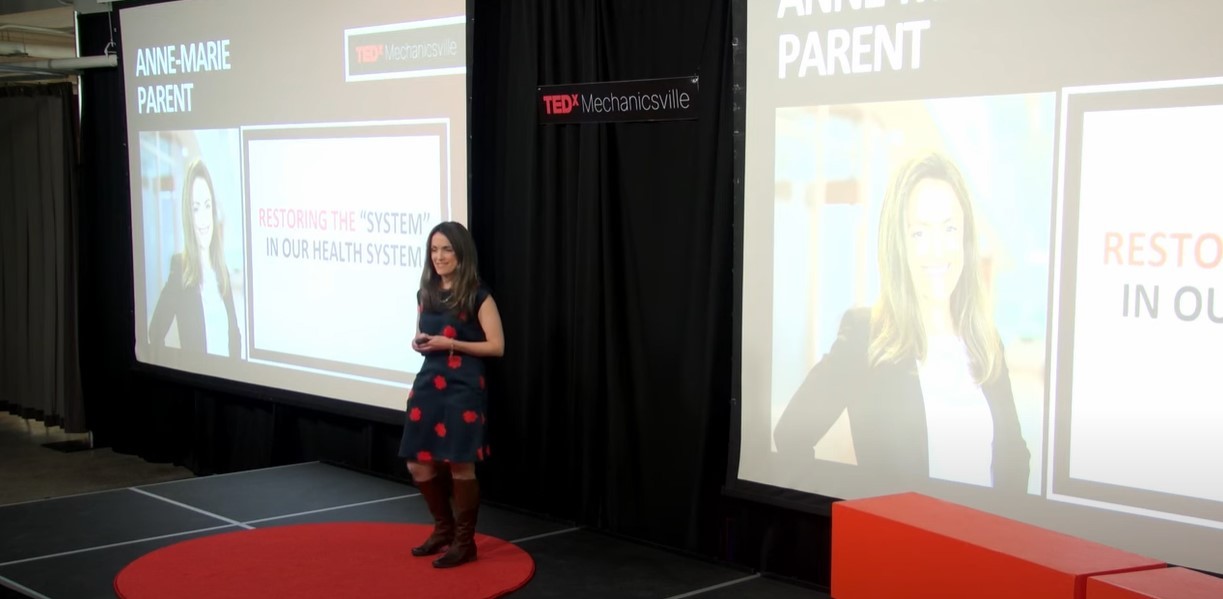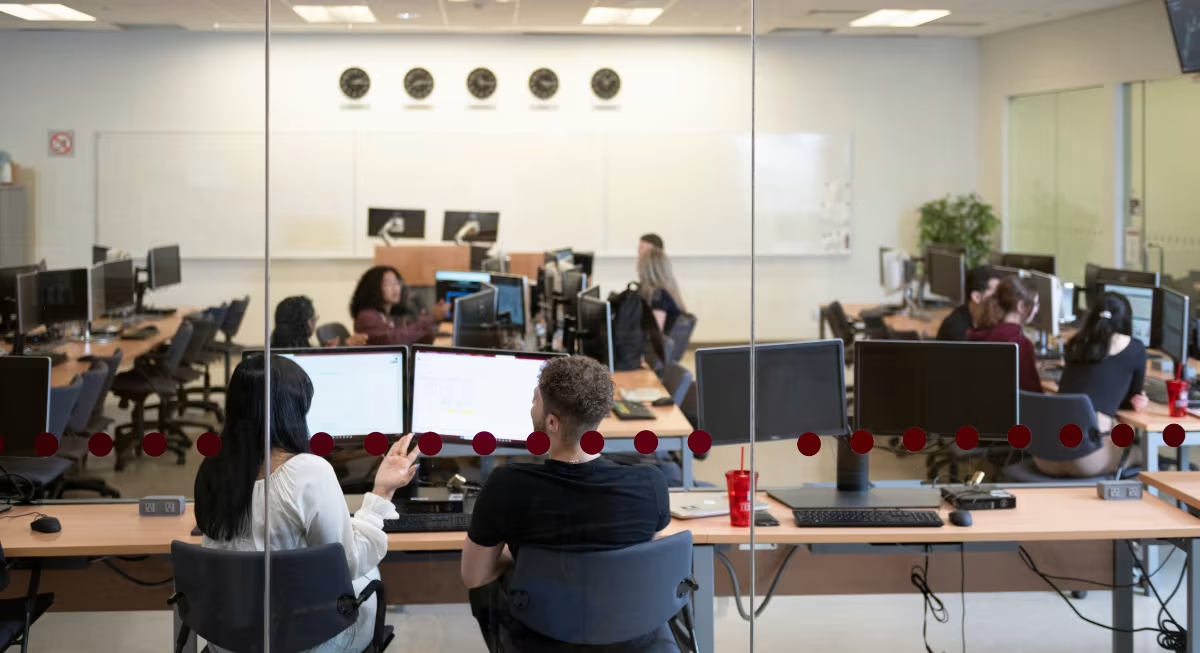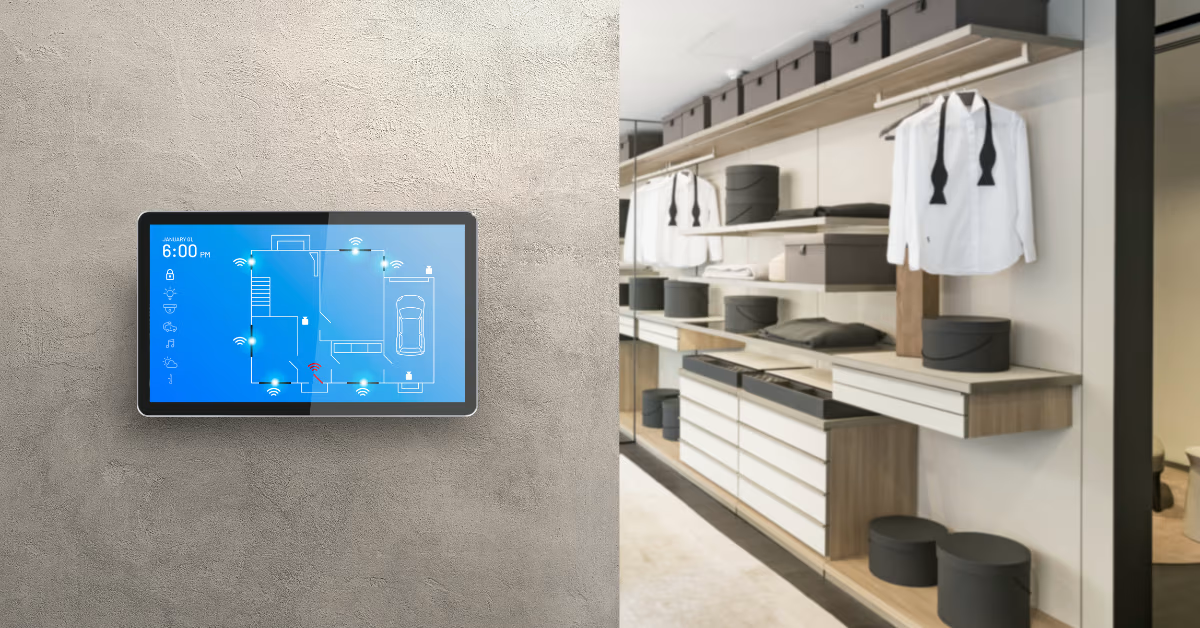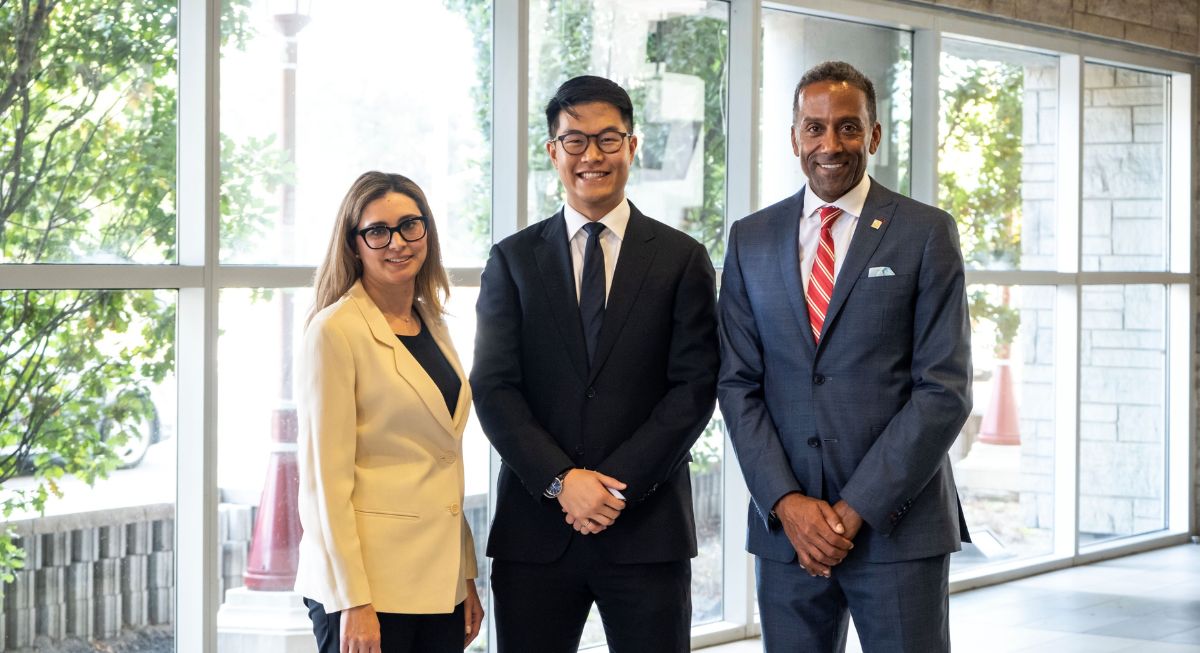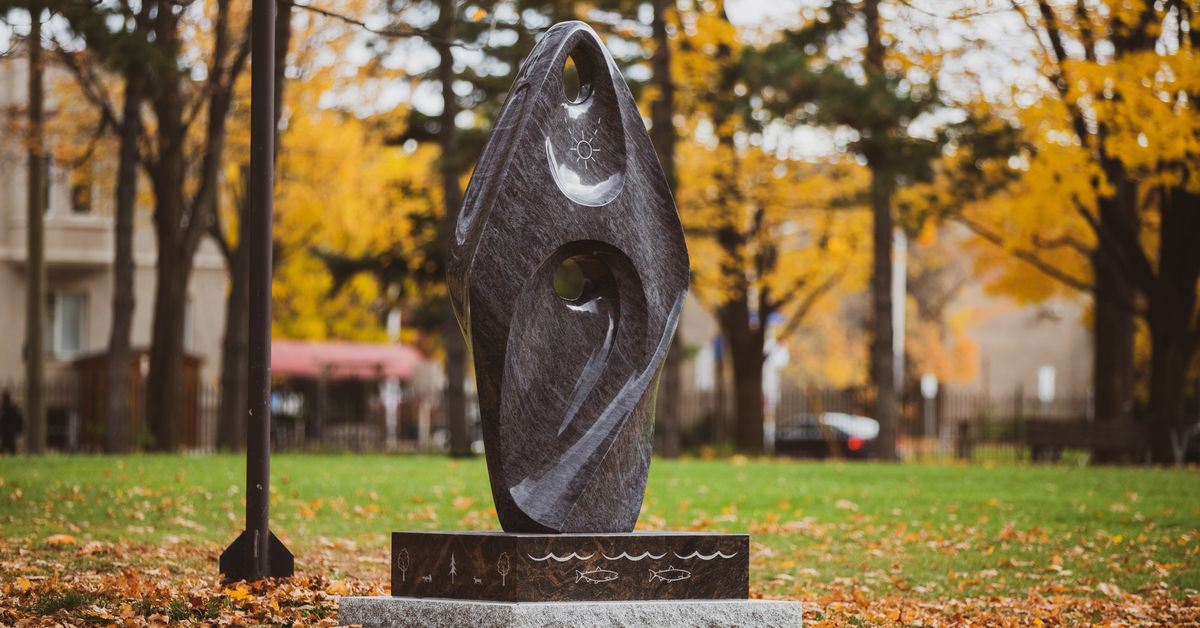The Illusion of a Unified Health System
It’s 4:15 p.m. You’re on hold—for the third time—with a specialist’s office. You just left the hospital with discharge papers clutched in your hand like a to-do list. Your loved one needs follow-up care, but no one’s quite sure who’s coordinating it. Sound familiar?
We call it a “healthcare system,” but anyone who’s navigated it lately knows—it often doesn’t feel like one.
Anne-Marie Parent, a proud graduate of the Telfer School of Management’s Master of Health Administration (MHA) program, a seasoned healthcare leader and TEDx speaker, has lived this reality from both sides. Her message? We’re not dealing with one broken part—we’re trapped inside a system of disconnection. As a part-time professor at the Telfer School of Management, University of Ottawa, she teaches courses in Health Informatics and Organizational Behaviour and Change within the MHA and the Executive Master of Health Administration (EMHA) program. With over 20 years of experience in the health sector, she brings a wealth of practical knowledge to her teaching, emphasizing systems thinking, collaboration, and change management. And the cost of disconnection? It's measured in real lives, every single day.
Watch Anne-Marie’s powerful TEDx talk here to learn more.
Silos and Fragmentation: The Core Issues
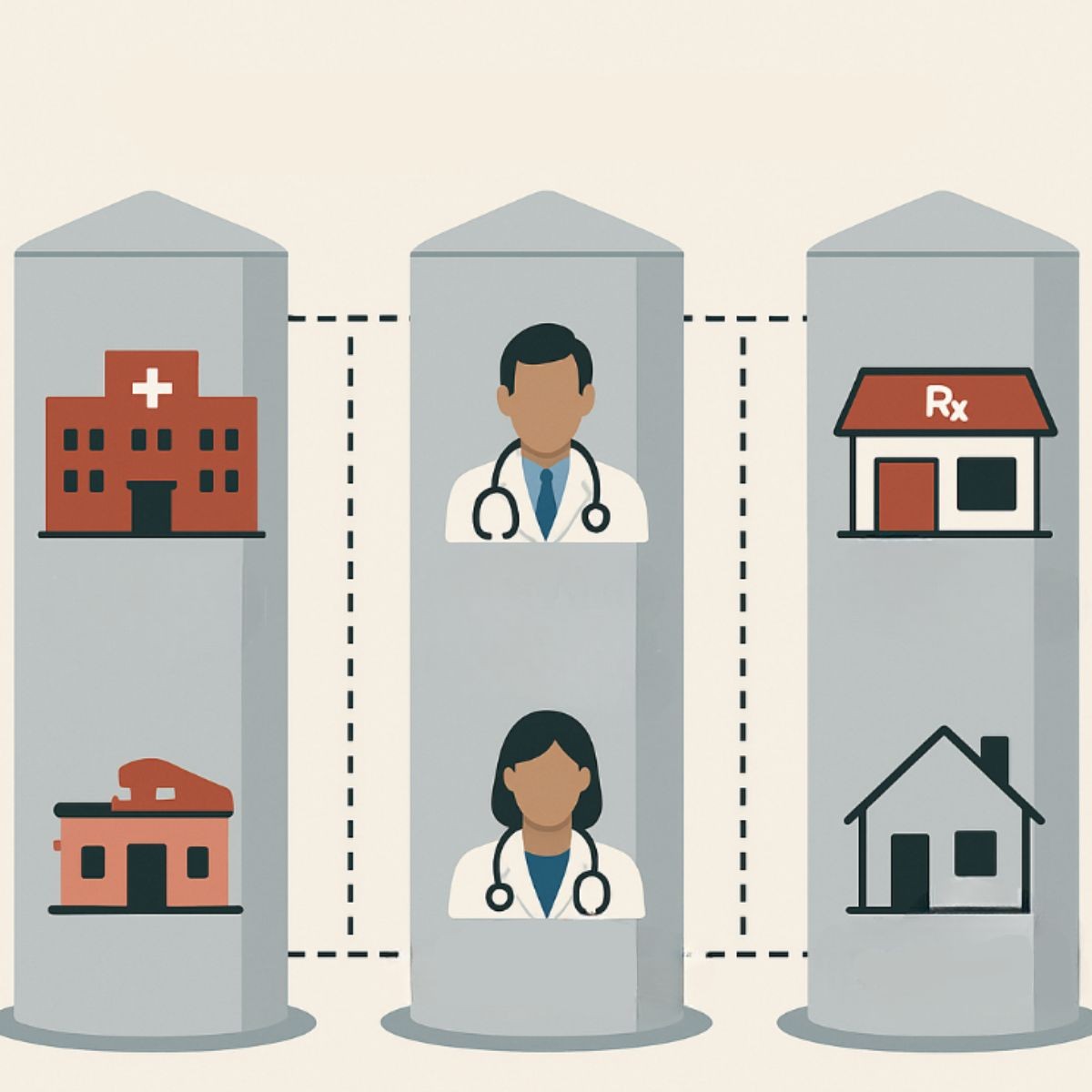
Anne-Marie puts it bluntly in her talk: “We treat healthcare like a machine—fixing broken parts and wondering why the whole thing still doesn’t run.”
Hospitals? Packed. ERs? Overloaded. Family doctors? In short supply. Ontario alone has over 2.5 million residents without a family physician.[i] That’s not just a statistic—it’s your neighbor, your coworker, maybe even you.
Without access to primary care, people turn to walk-ins or ERs, and the cycle continues. Hospital beds are filled not just by trauma or emergencies, but by preventable crises. One infection caught too late. One senior without home support. One missed follow-up.
We’ve built silos—each provider doing their best inside their own lane. But health doesn’t work in lanes. It’s messy. It crosses boundaries. And right now, the system doesn’t.
Systems Thinking: A Holistic Solution
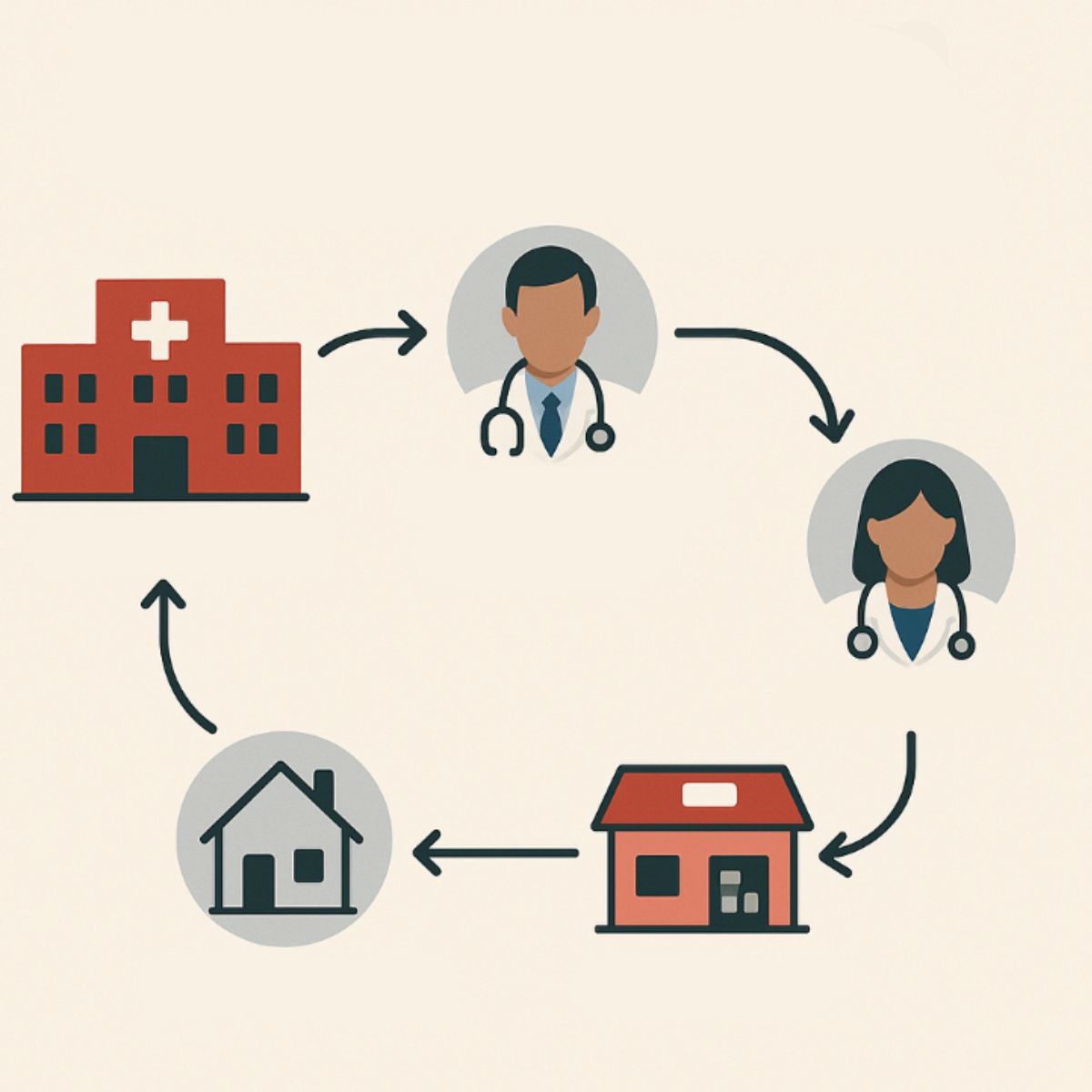
Here’s where Anne-Marie shifts the lens.
What if, she asks, we stopped looking at healthcare like a conveyor belt? What if we started seeing it more like an ecosystem—interconnected, fragile, alive?
Systems thinking invites us to stop asking, How do we reduce ER wait times? and start asking, What’s causing so many people to land there in the first place?
It’s not just theoretical. Consider this: “In 2016, the Institute for Clinical Evaluative Sciences reported that a mere 5% of individuals in Ontario accounted for a staggering 64% of healthcare resources.” Says Anne-Marie.
With better coordination between home care, primary care, and preventive education, some of these admissions could be avoided.
That’s the power of systems thinking: not just fixing the leak, but turning off the tap.
Discover how Anne-Marie explains systems thinking in action—watch her TEDx talk.
Leadership Beyond Titles: Collective Responsibility
In one of the most powerful moments of her talk, Anne-Marie says, “Leadership isn’t just about the person at the top—it’s about everyone in the system choosing to lead.”
And it’s true. The pandemic showed us what distributed leadership looks like. A nurse scheduling community outreach. A pharmacist flagging patterns. A data analyst tweaking vaccine appointment systems.
These weren’t people chasing glory. They were filling gaps no one else saw. That’s what real leadership looks like in healthcare today: quiet, constant, collective.
So if you’re a student in an MHA program, this is your charge. Don't wait to be handed a title. Build bridges now. Ask the uncomfortable questions. Push for joined-up care—because transformation doesn’t start with authority. It starts with awareness.
Embracing Complexity for Sustainable Change
Let’s be honest—everyone wants simple answers. But in healthcare? Simple is a trap.
Anne-Marie says it best: “What works today might not work ten years from now.” That’s not a problem to solve. It’s a condition to accept.
And that’s exactly why the Telfer School of Management’s green healthcare initiative is so relevant. It’s not just about saving energy. It’s about redesigning the whole system—responsively, sustainably, systemically. From procurement to patient flow, the greener the system, the more resilient it becomes.
So instead of asking for neat little fixes, maybe we should get comfortable with complexity. Maybe the best solutions are the ones still being co-created.
From Quick Fixes to Long-Term Solutions
We love ribbon cuttings. Press conferences. Big, bold headlines.
But health systems don’t thrive on headlines. They thrive on handoffs. On quiet coordination. On the conventional things: shared dashboards, community feedback loops, care pathways.
“Recently, the Ontario Hospital Association reported that by 2040, one out of four individuals over the age of 30 would be living with a major illness. This is up from approximately one out of eight individuals back in 2002." Says Anne-Marie.
Prevention isn’t flashy—but it saves limbs, lives, and millions of dollars.
If we want real healthcare transformation, we need to reward invisible victories. The kind where the patient never ends up in the ER because five parts of the system quietly worked together to keep them home.
Final Word: You’re Part of This
So where do we go from here?
Anne-Marie’s TEDx talk ends with a question that’s been echoing ever since: “What role will you play in restoring the system in our health system?”
This isn’t just about policymakers or CEOs. It’s about all of us. Patients who ask better questions. Students who rethink old models. Practitioners who share a hunch with someone in another department.
Ready to be inspired? Watch Anne-Marie Parent’s full TEDx talk now.
And if you’re looking for the skills to lead that change, programs like the Telfer MHA are equipping the next generation of systems thinkers. The kind of leaders who understand budgets and bedside care. Who see not just parts—but possibilities.
The system isn’t something “out there.” It’s here. It’s us.
And it’s time we make it whole again.
[i] Ontario College of Family Physicians. (2024, July 11). New Data Shows There Are Now 2.5 Million Ontarians Without a Family Doctor. Retrieved from https://ontariofamilyphysicians.ca/news/new-data-shows-there-are-now-2-5-million-ontarians-without-a-family-doctor/**
